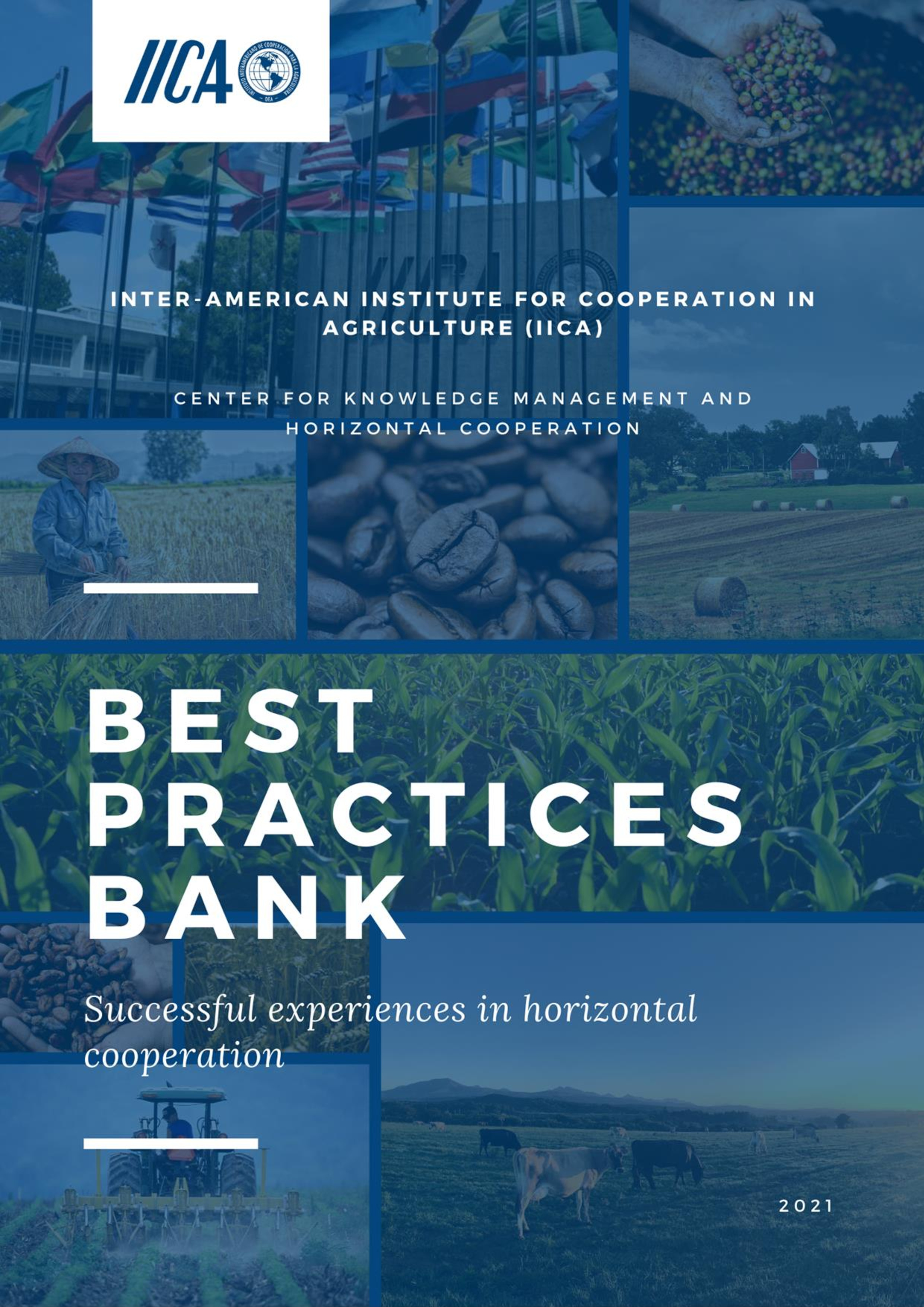 Strengthening Ecuador's Phytosanitary and Zoosanitary Regulation and Control Agency (AGROCALIDAD) and its National Food Safety System, Based on the Experience and Management Model of the Chilean Food Safety and Quality Agency (ACHIPIA)
Capacity building in AGROCALIDAD to bolster Ecuador’s food safety and quality system
Strengthening Ecuador's Phytosanitary and Zoosanitary Regulation and Control Agency (AGROCALIDAD) and its National Food Safety System, Based on the Experience and Management Model of the Chilean Food Safety and Quality Agency (ACHIPIA)
Capacity building in AGROCALIDAD to bolster Ecuador’s food safety and quality system

Challenges
This project primarily involved knowledge exchange and institutional strengthening, in a bid to build capacities in AGROCALIDAD and in the food safety and quality system of Ecuador. To this end, the team conducted an initial information gathering exercise for dissemination via the internet and a workshop in Ecuador, which engaged different representatives in the system to obtain an overall perspective.
Training courses were offered on risk analysis and management, with a focus on health, the safety culture and the reduction of food losses. A strategic plan was developed, taking into account the initial diagnosis and the knowledge and experience gained throughout the life of the project, which was shared with and validated by the stakeholders. Delegates from institutions in Ecuador participated in a technical mission to find out about the Chilean safety system, in order to clarify any doubts and to enable improved feedback.
Towards a Solution
The initiative, which took place through South-South and Triangular Cooperation in the areas of science, technology and innovation, enabled information exchange under mutually agreed on conditions, as well as increased international support to undertake effective and specific capacity building activities in developing countries.
It began with an information gathering process, as well as a review of critical points and grey areas in the field of safety. To do so, one of the workshops that was held involved a group brainstorming session addressing each one of the prioritized problems. Throughout the process, documents were prepared, based on the feedback of the stakeholders involved, and there were also information sharing and validation activities. Finally, the project facilitated internships or experience sharing initiatives that were extremely useful, as participants were afforded a first-hand look at the work and actions taking place in each area of the safety system of the country providing the support, to enable the best experiences to be adapted to the national reality.
Two workshops were also held with technical specialists of the safety system, thereby strengthening the capacities of the 130 participants. AGROCALIDAD and the National Agency for Sanitary Regulation, Control and Surveillance (ARCSA) also co-organized a workshop to review grey areas, with an attendance of 25 people.
Six Ecuadorians, employed to ARCSA, AGROCALIDAD and IICA, benefitted from an experience sharing initiative, in which they were able to learn about Chile’s safety system. A workshop was also delivered on risk analysis, risk management, the “One Health” approach, the safety culture and on food loss reduction, targeting 60 technicians from the academic, private and public sectors of Ecuador. The main purpose of the mission was to find out about the activities of ACHIPIA and other institutions in Chile’s National Food Safety and Quality System, as well as about the food safety- and quality-related programs and actions of the Agricultural and Livestock Service, the techniques and analytical equipment in its official laboratory and a perspective on the implementation of a safety culture in a food processing company, among other elements.
Ecuador was able to improve the management of its food safety system. Grey areas were identified, which will require the strengthening of joint inter-institutional efforts and work methodologies, prioritization of chains and the sharing of responsibility in the food safety process – from the producer to the consumer.
One positive aspect was that the project was presented to high-level authorities and engaged the involvement of the Chilean Ambassador in Ecuador and the Ecuadorian Ambassador in Chile. As such, this initiative was an important part of the agricultural cooperation agenda between both countries.
Another noteworthy success of the project was that the services of a communications professional from ACHIPIA were engaged, who, within the framework of the project, was responsible for producing promotional material and preparing briefs and videos on the experiences and other activities. This was instrumental in positioning the project in Ecuador and Chile, as a result of the greater visibility given to its activities and to its positive impact on the beneficiaries and partners.
Contact Information
Countries involved
Supported by
Implementing Entities
Project Status
Project Period
URL of the practice
Primary SDG
Primary SDG Targets
Secondary SDGs
Secondary SDG Targets
Similar Solutions
| NAME OF SOLUTION | Countries | SDG | Project Status | |
|---|---|---|---|---|
A Billion Brains: Smarter Children, Healthier Economies High Level Meeting on South-South Cooperation for Child Rights |
Chile, Ecuador | 17 - Partnerships for the Goals | Completed | View Details |
ACP Business-friendly Supporting business-friendly and inclusive national and regional policies, and strengthening productive capabilities and value chains |
Chile, Ecuador | 08 - Decent Work and Economic Growth 17 - Partnerships for the Goals | Ongoing | View Details |
Addressing the Philippine Dairy Sector Challenges Exchanging knowledge between Argentina and the Philippines to improve Philippine local dairy production |
Chile, Ecuador | 08 - Decent Work and Economic Growth 17 - Partnerships for the Goals | Ongoing | View Details |
Addressing the Transboundary Dimensions of the 2030 Agenda through Regional Economic Cooperation and Integration in Asia and the Pacific Promoting co-deployment of ICT and transport infrastructure corridors in Central Asia region |
Chile, Ecuador | 09 - Industry, Innovation and Infrastructure 13 - Climate Action 17 - Partnerships for the Goals | Completed | View Details |
Addressing Water Pollution and Supporting Water Management in Arab Countries Training and collaboration for improved water management in arid to semi-arid areas |
Chile, Ecuador | 17 - Partnerships for the Goals | Completed | View Details |
